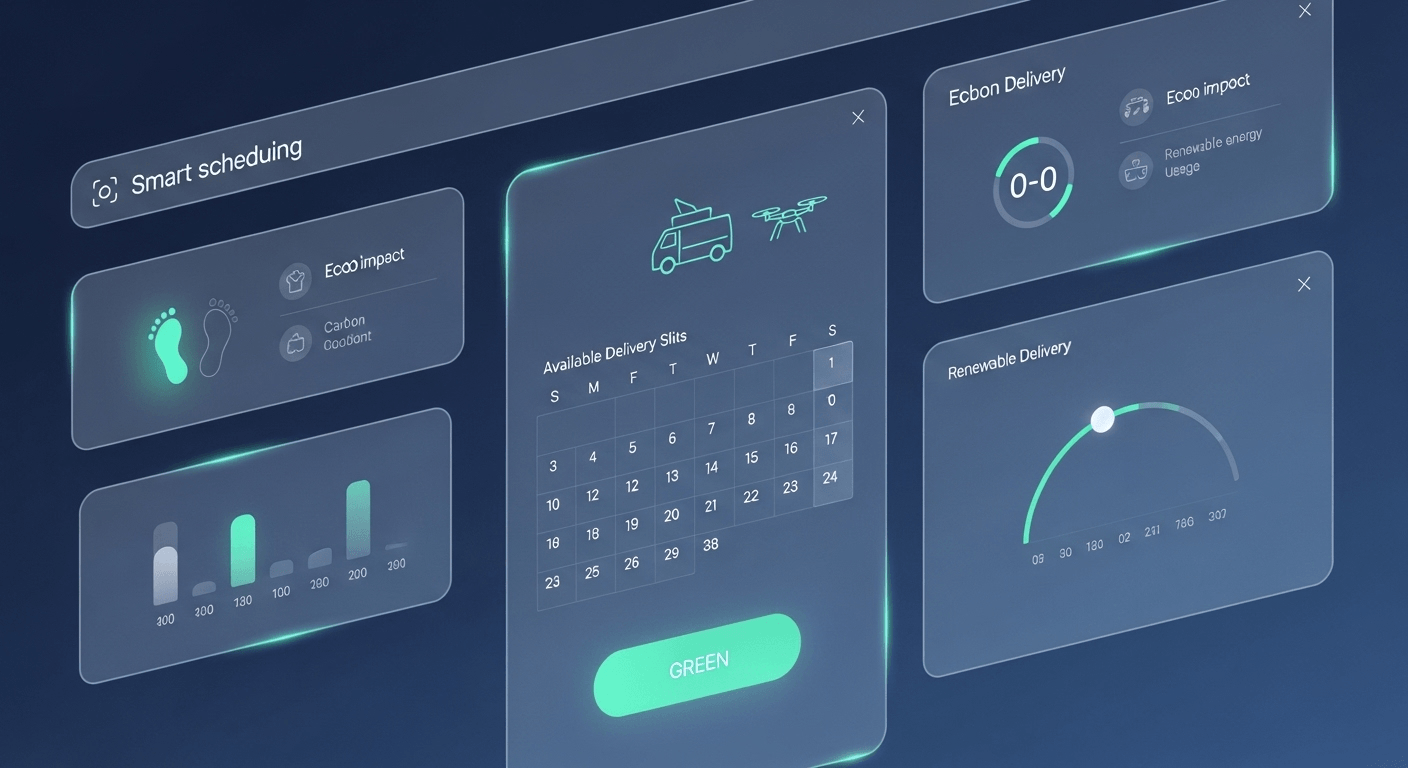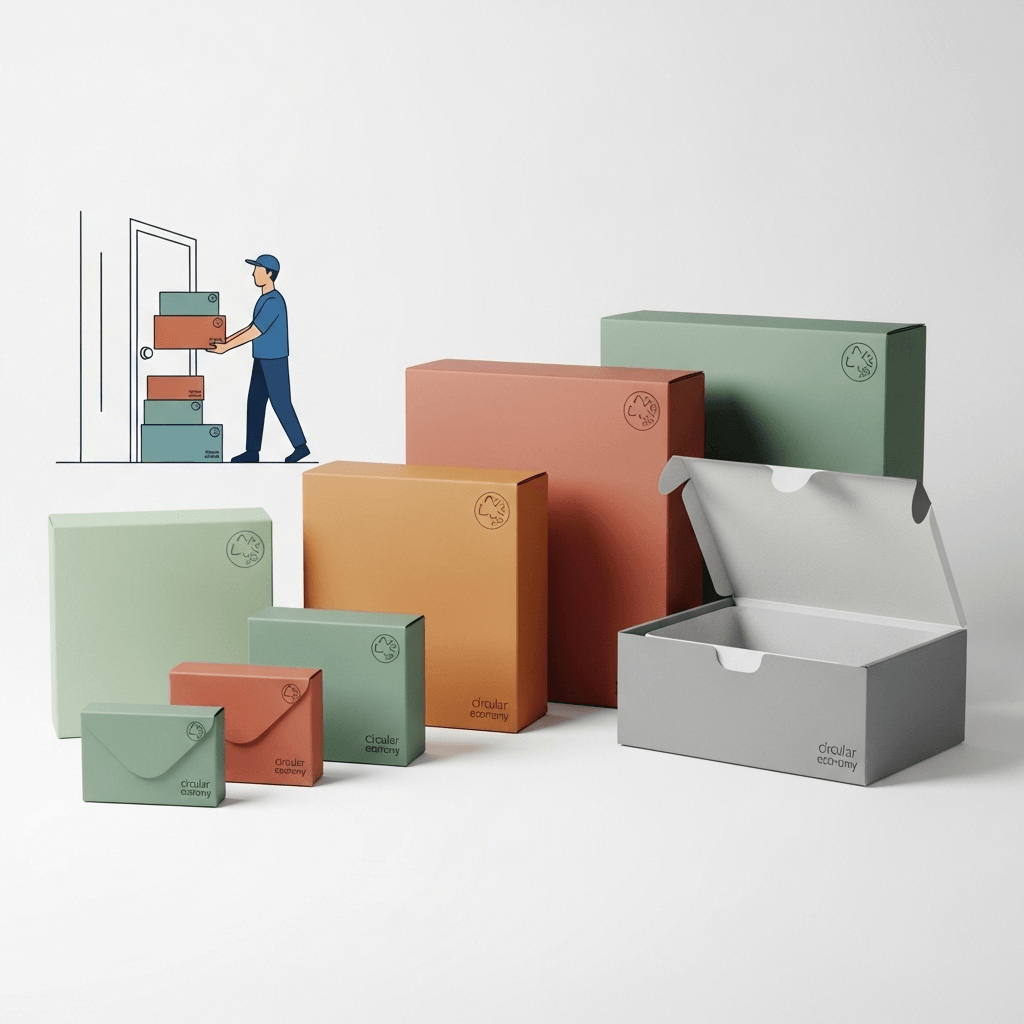How a Lifestyle Brand Founder Cracked the Minimalist Consumer Code in 22 Minutes
Understanding the Paradox: Minimalism Meets Experience-Seeking
User Profile:
Industry: Lifestyle & Consumer Goods
Company Size: Start-up to small business
Team: Brand Strategy & Product Development
Feature Used: AI Research
The Challenge: Decoding the Minimalist Mindset
Marcus, founder of a sustainable lifestyle brand, was confused. His target customers—millennial and Gen Z minimalists—preached owning less, yet spent lavishly on experiences and premium products. Every marketing approach felt wrong: too materialistic or too preachy.
His brand struggled to find authentic positioning. Minimalist aesthetics alone felt hollow. Experience-focused messaging missed the point. Marcus needed to understand the deeper psychology driving these seemingly contradictory behaviors.
The Pain: Surface Insights Couldn’t Bridge the Gap
Traditional research left Marcus with more questions than answers:
Demographics data showed what minimalists bought but not why
Design agencies charged $20,000+ for brand positioning with generic deliverables
Social listening revealed aspirations but not decision-making frameworks
Customer interviews took 6+ weeks to recruit, conduct, and analyze
Marcus’s product roadmap stalled as his team debated whether to emphasize simplicity or enrichment, quality or affordability, restraint or indulgence.
The Solution: Deep Psychology Research with AI Personas
Using atypica.AI’s AI Research feature, Marcus posed his strategic question: “How do minimalist consumers navigate the tension between simplicity and experience-seeking?”
In just 22 minutes, atypica.AI delivered transformative insights:
Applied Jobs-to-be-Done and Value Proposition Canvas frameworks
Generated authentic minimalist personas across different lifestyle archetypes
Conducted in-depth psychological interviews revealing core motivations
Mapped specific pains, gains, and value conflicts
Impact: From Confusion to Crystal-Clear Positioning
Short-term Results:
Discovered minimalists don’t reject consumption—they apply intentionality criteria across all decisions
Identified “quiet luxury” as the aesthetic-values sweet spot for brand positioning
Received a complete Value Proposition Canvas with risk mitigation strategies
Long-term Strategic Value:
Repositioned entire brand around “tools for intentional living” concept
Increased conversion rates by 47% with values-aligned messaging
Launched product line that achieved $850K in first-year revenue
Saved $20K in agency fees and 8 weeks of strategic development time
Before vs. After: From Generic to Authentic
Traditional Approach:
6-8 weeks for brand consultants
$20,000+ investment
Surface-level lifestyle segmentation
Aesthetic-focused recommendations
Missed psychological drivers
With atypica.AI:
22-minute insight delivery
Affordable research investment
Deep psychological frameworks
Values-based positioning strategy
Actionable decision criteria
Key Insights That Revolutionized the Brand
The research revealed that minimalists aren’t contradicting themselves—they’re applying consistent intentionality criteria across all spending decisions. The breakthrough came from persona interviews that exposed three core “jobs” minimalists hire products and experiences to accomplish:
1. Reduce Cognitive Load
“Minimalism significantly reduced my cognitive load... shedding mental clutter and the pressure of expectation.” — Benoit, Digital Nomad Persona
Implication: Brands should curate ruthlessly rather than offer endless options. Decision fatigue is the enemy.
2. Signal Identity Through Subtle Codes
“My single suitcase is a symbol of my unattachment... I want to project chic, but not loudly chic.” — Trendie Persona
Implication: “Quiet luxury” positioning—sophisticated restraint that signals values to those who understand.
3. Enable Transformative Experiences
“Experiences are true architects of personal growth and inner wealth... they become part of who I am.” — Alex, Environmental Scientist Persona
Implication: Products must be positioned as enablers of meaningful experiences, not ends in themselves.
The Resolution Framework: When Minimalists Buy
The research revealed minimalists use a specific justification framework before purchasing:
✓ Longevity: Will this last 10+ years? ✓ Purpose: Does this enable my chosen lifestyle? ✓ Values Alignment: Does the brand demonstrate genuine commitment? ✓ Multi-functionality: Does this replace multiple single-use items?
Marcus’s team discovered that minimalists willingly invest in premium tools when they meet these criteria. The key quote that changed everything:
“I justified buying a specialized bag by reframing it as ‘investing in a durable, responsibly made tool that enables a profound experience.’” — Alex
This wasn’t contradiction—this was sophisticated values-based decision-making.
Avoiding the Authenticity Trap
The research warned of three critical risks Marcus’s team nearly fell into:
Risk 1: Greenwashing Perception “All interviewees expressed wariness of brands that use minimalist aesthetics as superficial marketing.”
Mitigation: Embedded transparency about supply chain, materials, and business practices into brand storytelling.
Risk 2: Exclusivity Backlash Quiet luxury positioning could feel exclusionary.
Mitigation: Balanced premium products with accessible content about intentionality as mindset, not price point.
Risk 3: Missing Aesthetics-Driven Consumers Purely philosophical messaging might alienate style-conscious minimalists like Trendie.
Mitigation: Delivered on both substance and style—impeccable visual identity with meaningful depth.
The Implementation: A Values-Led Brand Transformation
Marcus repositioned his entire brand with a new core value proposition:
“We provide thoughtfully designed tools for a life of purpose and clarity.”
The product line was rebuilt around three principles:
Curated Selection: Maximum 5 SKUs per category to reduce decision fatigue
Lifetime Guarantee: Signaling longevity commitment with tangible proof
Transparent Sourcing: Every product page includes supply chain journey map
Launch campaign messaging shifted from “own less” to “live intentionally”—a subtle but transformative reframe.
The Results: Resonance at Scale
Within the first year of implementing atypica.AI’s insights:
Email open rates increased from 18% to 41% with values-aligned storytelling
Average order value rose 52% as customers embraced premium positioning
Customer retention hit 73%—significantly above 40% industry average
Organic social reach expanded 10x through authentic community building
The Bottom Line
“atypica.AI helped me understand that minimalists aren’t buying less—they’re buying better,” Marcus reflected. “The AI personas revealed decision-making frameworks that years of customer surveys never captured. We stopped trying to sell products to minimalists and started providing tools for the intentional lives they’re already building.”
The research transformed Marcus’s brand from another minimalist aesthetic player into a trusted partner for intentional living—a positioning that resonated deeply with his target audience’s core identity.
For founders and brand strategists targeting values-driven consumers, atypica.AI decodes complex psychological tensions in minutes, revealing positioning strategies that traditional research misses entirely.
Building a brand for conscious consumers? Try atypica.AI’s AI Research and discover the deep psychology behind your audience’s decisions.



